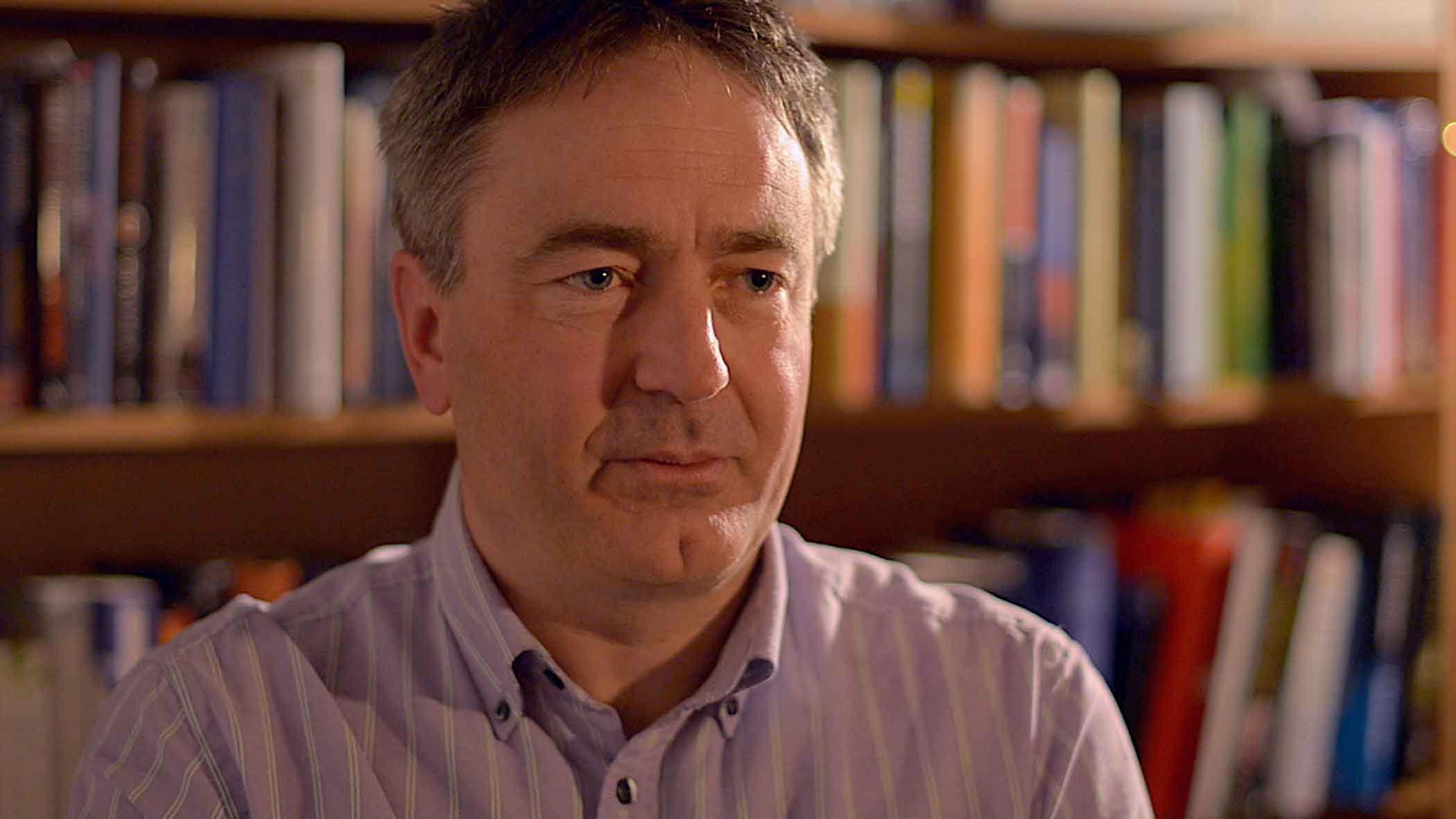
I became an evangelical Christian when I was sixteen. I loved it! At least, to begin with I did. I was happy; the beliefs gave me a sense of purpose and belonging - not least of belonging to a lively church youth group with lots of friendly and, as I remember, attractive girls of my own age. Being re-born had a lot going for it!
I went to university and, in my final year, became president of the Christian Union. On graduation I stayed in my university city, attended a large evangelical church, fell in love and got married. My wife and I ran the youth group for three years until children of our own arrived who, naturally, we brought up in the faith.
My Christian credentials were impeccable!
What was less impeccable was my Christian experience. Even from the start I had had doubts – if something sounds too good to be true, it probably is! – and I became increasingly aware of the gap between what evangelical Christianity promised and what I actually experienced. The promise was for a relationship with God through Jesus Christ. But, there was none. As a Christian friend of mine once admitted, in a moment of rare honesty, his relationship with God was characterized by absence. Mine too.
I stuck with my faith for 25 years, gradually slipping away from church involvement towards a merely nominal belief; a slide which God did nothing to arrest. Then, my wife, who had been brought up as an evangelical, decided to make one last push in her search for God. Unfortunately for our marriage, her search was inspired by a former church minister of ours with whom she developed an extremely close friendship and with whom she now lives. Stung by the discovery of their relationship I decided to prove I was up to the task of spiritual leadership: if anyone was going to lead us both back to Jesus it would be me, thank you very much!
So, I read and read and read; much more broadly than I had ever done before. And not just the Bible, but Dennett, Hitchens, Dawkins and Stenger, among others. It didn't take long for my faith to dissolve away. There is nothing like a few ugly facts to rudely dismiss fondly held beliefs!
My rejection of Christianity was imbued with emotion, including some anger, but this was related to the circumstances of my marital break-up, not my break-up with God. Christian friends and relatives accused me of being angry with God but this was not the case. It’s not possible to be angry with a being whose existence you consider to be highly implausible: try it with Santa Clause some time!
Overall my feeling on putting my religious faith behind me is one of liberation. Finally, I was able to stop pretending and to be honest. It felt like leaving a warm, fuggy room and stepping outside into a bracing wind; it’s colder outside but you can see farther and much more clearly.
The reaction of Christians to my apostasy is in direct proportion to the fundamentalism of their beliefs. The fundamentalists are appalled and upset; the liberals are accepting. My own suspicion is that a large number of Christians know, like I think I did, that they are playing a massive game of Let’s Pretend and would probably give up too, if it didn't mean losing their social network and long-term friendships. Happily for me, I'm still friends with many Christians, although they’re not usually keen on discussing their faith with me!

